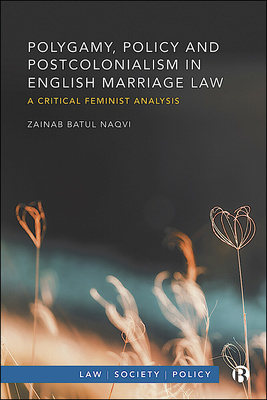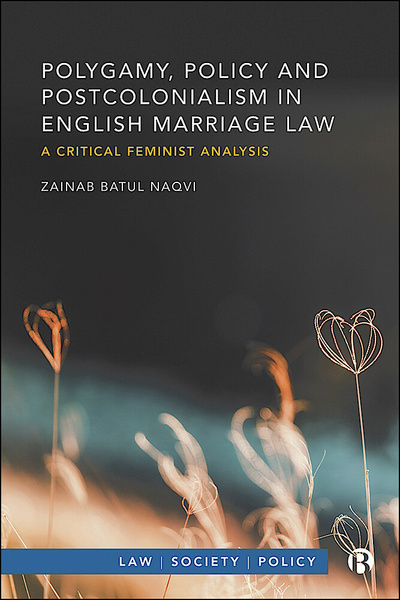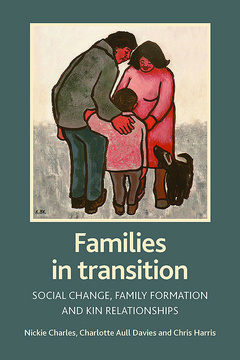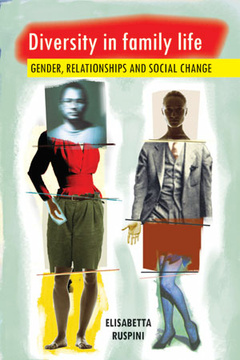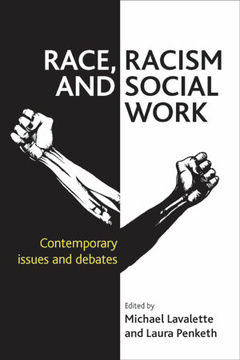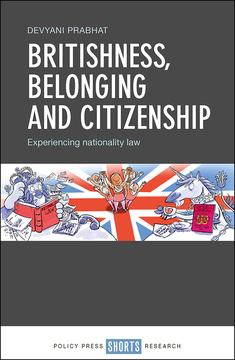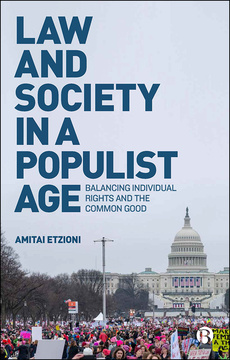Polygamy, Policy and Postcolonialism in English Marriage Law
A Critical Feminist Analysis
By Zainab Naqvi
ISBN
978-1529209693Dimensions
234 x 156 mmImprint
Bristol University PressISBN
978-1529210811Imprint
Bristol University PressISBN
978-1529210811Imprint
Bristol University PressSlaves, mistresses, concubines – the English courts have used these terms to describe polygamous wives in the past, but are they still seen this way today?
Using a critical postcolonial feminist lens, this book provides a contextualized exploration of English legal responses to polygamy. Through the legacies of British imperialism, the book shows how attitudes to polygamy are shaped by indifference and hostility towards its participants. This goes beyond the law, as shown by the stories of women shared throughout the book negotiating their identities and relationships in the UK today.
Through its analysis, the book demonstrates how polygamy and polygamous wives are subjected to imperialist and orientalist discourses which dehumanise them for practising a relationship that has existed for millennia.
“Naqvi's thought-provoking analysis of the treatment of polygamy within the English legal system raises important questions about the intersections between law, religion and culture.” Rebecca Probert, University of Exeter
“A thought-provoking challenge to our understanding of fundamental public law concept. It is a collection that any public law scholar should confront but is a must-read for any public law teacher who is serious about offering students a critical understanding of UK public law development and practice.” Hélène Tyrrell, Newcastle University
Zainab Batul Naqvi is Reader in Critical Feminist Legal Studies at Manchester Metropolitan University.
1. Introduction: Polygamy, Law and Women’s Lives
2. Consciousness and Disruption in Critical Postcolonial Feminism
3. Polygamy in England: Tracing Legal Developments
4. History and Conflict of Laws in Overseas Polygamy
5. Tensions in Religion and Culture
6. Complicating Harm and Gender Equality
7. Religion, Recognition and Marriage Law
8. Final Thoughts and Reflections







